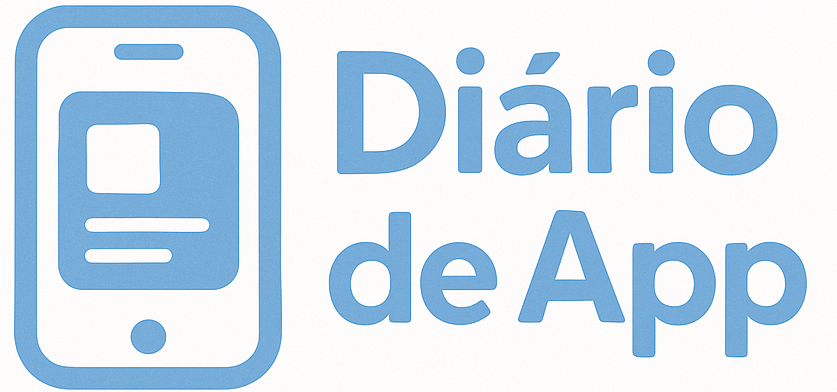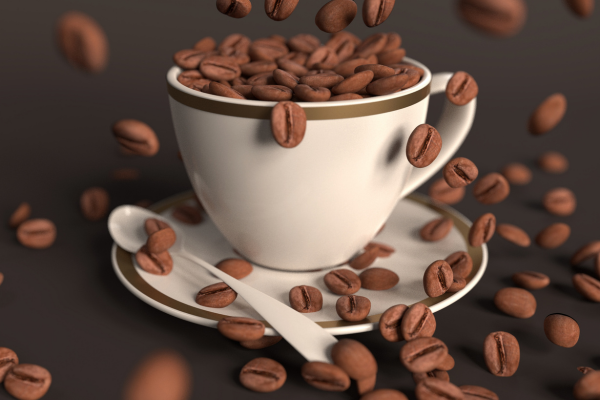Decaf coffee has long been misunderstood. Often seen as a lesser version of its fully caffeinated counterpart, it’s been unfairly labeled as “pointless” or “flavorless.” But thanks to modern processing methods and specialty coffee roasters, decaf coffee is now a flavorful, health-conscious option that fits into a variety of lifestyles — especially for those looking to reduce caffeine without sacrificing taste or ritual.
What Is Decaf Coffee?
Decaf coffee is made from real coffee beans that have undergone a process to remove about 97% or more of their caffeine content. Contrary to popular belief, decaf is not “chemical coffee” — the caffeine removal is done using safe and effective methods, such as:
- Swiss Water Process – 100% chemical-free, relying only on water, temperature, and time to gently remove caffeine while preserving flavor.
- CO₂ Method – Uses pressurized carbon dioxide to extract caffeine, commonly used in Europe and known for protecting aroma compounds.
- Solvent-based methods – Use FDA-approved substances like ethyl acetate or methylene chloride, followed by extensive rinsing to remove any residue.
These processes are rigorously tested and do not make the coffee harmful or artificial. The final result is a bean that retains most of its natural flavor profile — minus the stimulating effects of caffeine.
Common Myths About Decaf
Myth 1: Decaf Has No Flavor
This myth stems from older, industrial decaf methods that often used low-quality beans and over-roasting to mask flaws. Today, many specialty roasters treat decaf with the same care as any high-quality coffee, offering single-origin, ethically sourced beans that are decaffeinated gently and roasted to preserve complex flavor notes.
You can find decaf coffees with tasting notes ranging from chocolate and nuts to berries and florals — especially if you explore freshly roasted options from reputable coffee brands.
Myth 2: Decaf Has Zero Caffeine
Not quite. While decaf is very low in caffeine, it’s not 100% caffeine-free. A standard 8 oz cup contains between 2 to 7 mg of caffeine, depending on the bean and process — compared to the 80–100 mg found in regular coffee. While this is negligible for most, it may be important for people with severe caffeine sensitivity, certain heart conditions, or those managing pregnancy.
Who Should Drink Decaf?
Decaf is a smart choice for a wide range of people. You might benefit from switching to decaf if you:
- Experience anxiety, jitters, or palpitations after drinking regular coffee
- Struggle with sleep, especially if you drink coffee in the afternoon or evening
- Are pregnant or breastfeeding, where caffeine intake should be limited
- Suffer from acid reflux or GERD, as caffeine can relax the esophageal sphincter
- Have been advised by a doctor to reduce stimulant intake
- Simply want to enjoy more cups per day without going overboard on caffeine
Decaf allows you to maintain the ritual, comfort, and flavor of coffee without overstimulating your nervous system or compromising your sleep.
Health Benefits of Decaf Coffee
Just like regular coffee, decaf contains a rich blend of antioxidants, polyphenols, and micronutrients. These compounds may help:
- Fight oxidative stress and inflammation
- Protect liver function
- Reduce the risk of type 2 diabetes and cardiovascular disease
- Support brain health and reduce age-related cognitive decline
- Provide minerals like potassium, magnesium, and B vitamins
If you’re looking to reduce caffeine but still enjoy the health-promoting benefits of coffee, decaf is an ideal solution.
When to Choose Decaf
Not everyone needs to eliminate caffeine completely — but even cutting back can yield benefits. Consider switching to decaf:
- After 2:00 or 3:00 p.m., to avoid disrupting your natural melatonin cycle
- If you want a nighttime coffee ritual that won’t impact your sleep
- When combining it with regular coffee to create a “half-caf” blend
- During periods of stress, travel, or illness when your body is more sensitive
- If you’re gradually weaning off caffeine but don’t want to give up the taste
Many coffee lovers start their day with regular coffee and switch to decaf later on — a great way to enjoy multiple cups without overloading on caffeine.
How to Brew Delicious Decaf at Home
Great decaf starts with great beans. Here’s how to get the most flavor:
- Buy freshly roasted decaf from a specialty roaster — look for Swiss Water or CO₂ process on the label
- Grind your beans just before brewing
- Use brewing methods that highlight clarity and richness, like pour-over, French press, or AeroPress
- Store beans in a cool, airtight container to maintain freshness
Avoid the assumption that decaf must be dark and bitter — many of the best decafs are roasted medium or light to preserve sweetness and complexity.
Final Thoughts: Decaf Is Real Coffee
Decaf isn’t just a “lesser” version of regular coffee — it’s a smart, flavorful, and healthy choice for anyone who loves the taste and ritual of coffee but wants to reduce their caffeine intake.
Thanks to modern roasting and decaffeination methods, today’s decaf can be just as enjoyable, aromatic, and complex as any fully caffeinated cup. Whether you’re sensitive to caffeine, trying to sleep better, or just want a cozy cup in the evening, don’t write off decaf — it might just surprise you.

